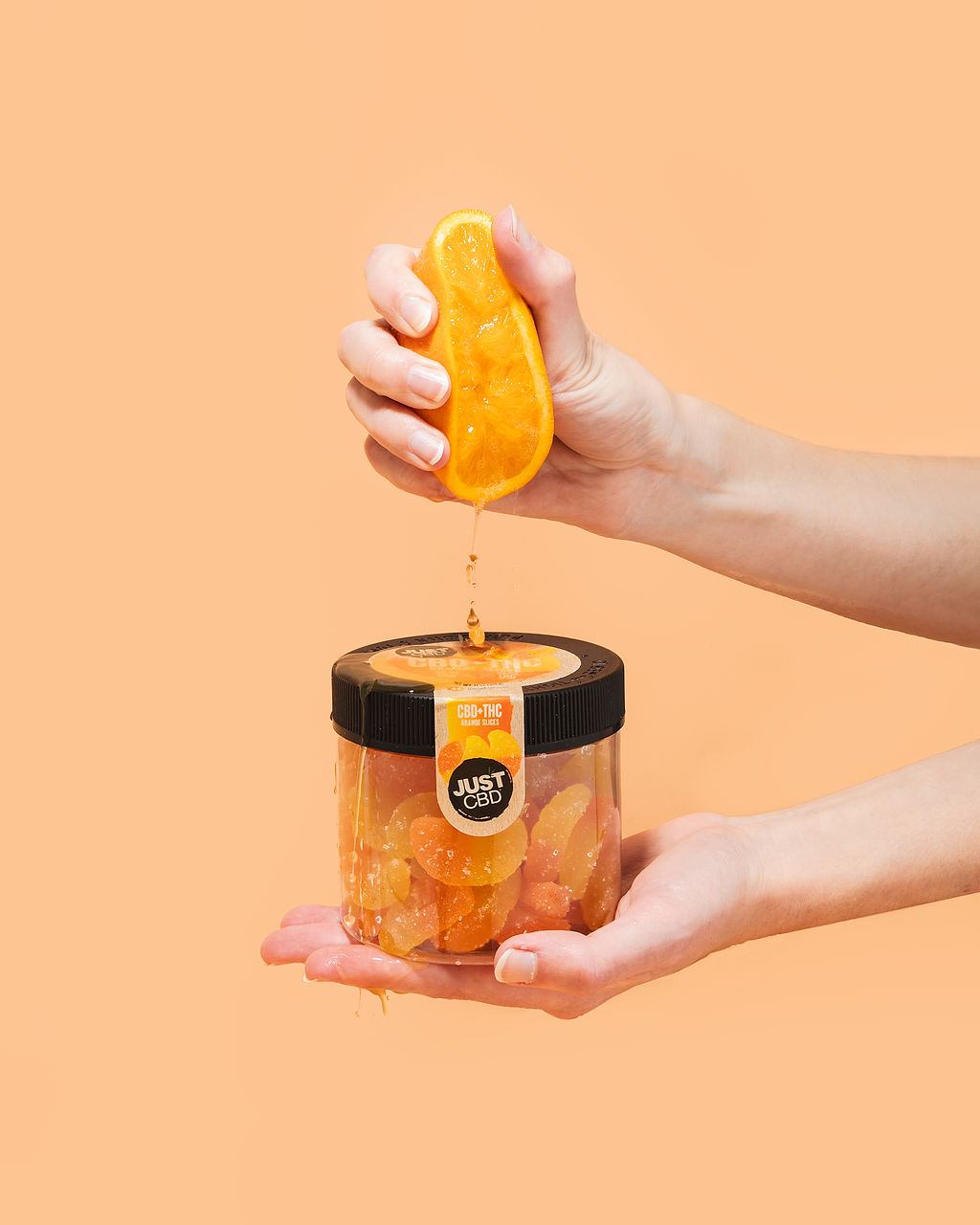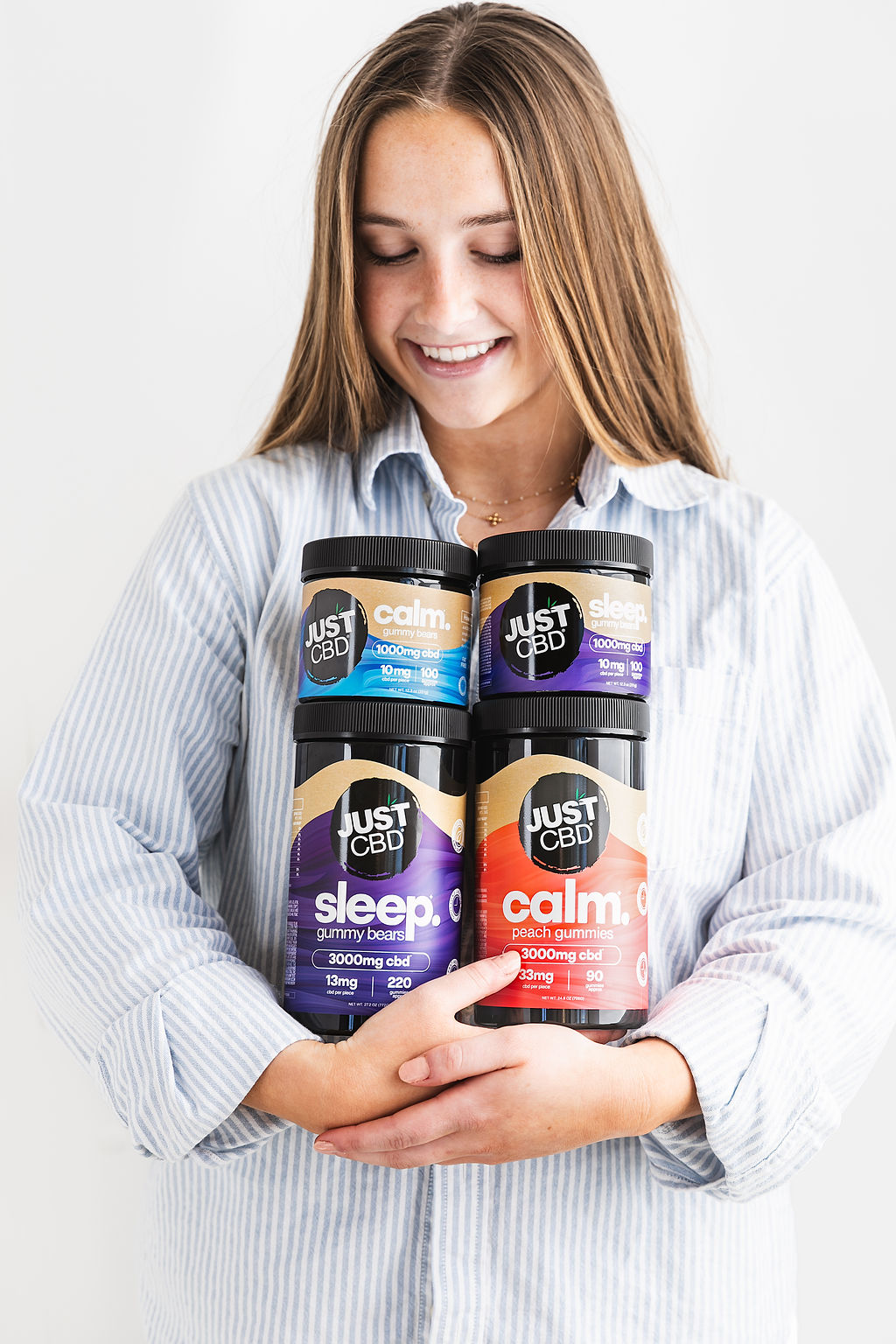Can CBD Vape Pens Help With Reducing Stress And Anxiety Levels?
Potential Benefits of CBD for Stress and Anxiety
CBD, or cannabidiol, has gained significant attention for its potential therapeutic benefits, particularly in managing stress and anxiety. Studies suggest that CBD may interact with the body’s endocannabinoid system, which plays a crucial role in regulating mood, sleep, and stress responses.
How CBD May Interact with the Endocannabinoid System
The endocannabinoid system (ECS) is a complex network of receptors and neurotransmitters found throughout the body. It plays a vital role in maintaining homeostasis, or balance, within various physiological processes, including stress response, immune function, and mood regulation.
CBD is believed to exert its anxiolytic effects by modulating the activity of certain receptors within the ECS, particularly the CB1 receptor. CB1 receptors are abundant in areas of the brain associated with emotional processing and stress response, such as the hippocampus, amygdala, and prefrontal cortex.
By interacting with these receptors, CBD may help to reduce anxiety and promote relaxation. Additionally, CBD has been shown to influence serotonin levels, a neurotransmitter that plays a key role in mood regulation.
Research on CBD’s Effects on Anxiety Symptoms
Research on CBD’s effects on anxiety symptoms is promising, with several studies indicating potential benefits for individuals experiencing mild to moderate anxiety. A 2015 study published in the Journal of Psychopharmacology found that a single dose of CBD significantly reduced anxiety in participants undergoing a simulated public speaking test.
Another study, published in the European Journal of Pain, showed that CBD was effective in reducing anxiety associated with chronic pain. These findings suggest that CBD may be a viable option for managing anxiety symptoms in various contexts.
Case Studies and Anecdotal Evidence
While research on CBD is ongoing, numerous case studies and anecdotal reports suggest potential benefits for stress and anxiety relief. Individuals have reported experiencing reductions in feelings of worry, panic attacks, and overall tension after incorporating CBD into their routines.
For instance, some individuals with social anxiety have found that CBD helps them manage nervousness in social situations. Others have reported using CBD to cope with the stress of daily life, leading to improved sleep quality and a calmer emotional state.
It’s important to note that these are individual experiences, and more comprehensive clinical trials are needed to definitively establish the effectiveness of CBD for anxiety treatment.
Mechanism of Action
Understanding how CBD interacts with the body is crucial for grasping its potential benefits. CBD exerts its effects primarily by influencing the endocannabinoid system (ECS), a complex network of receptors and neurotransmitters that plays a vital role in regulating various physiological processes, including stress response and mood.
CBD and Neurotransmitters
CBD interacts with the ECS by binding to specific receptors, primarily CB1 receptors. These receptors are concentrated in areas of the brain involved in emotional regulation, such as the hippocampus, amygdala, and prefrontal cortex.
By activating CB1 receptors, CBD may modulate neurotransmitter activity, influencing mood and anxiety levels. Research suggests that CBD can influence serotonin levels, a neurotransmitter associated with happiness and well-being. It’s also believed that CBD can impact the release of other neurotransmitters involved in stress response, such as GABA.
Impact on the HPA Axis
CBD is thought to exert its anxiolytic effects by interacting with the CB1 receptors within the endocannabinoid system (ECS). These receptors are concentrated in brain regions associated with emotional processing and stress response.
By binding to CB1 receptors, CBD may modulate the activity of neurotransmitters like serotonin and GABA, which play crucial roles in mood regulation and stress response. Modulation of these neurotransmitters can contribute to a reduction in anxiety symptoms.
Additionally, CBD’s impact on the HPA axis, the body’s central stress response system, is being investigated. The HPA axis is responsible for releasing hormones like cortisol in response to stress. Some studies suggest that CBD may help regulate HPA axis activity, potentially reducing the production of cortisol and mitigating the physiological effects of stress.
Considerations for Using CBD Vape Pens for Stress and Anxiety
As research continues to explore the therapeutic potential of cannabidiol (CBD), its application as a remedy for stress and anxiety has gained significant attention.
Dosage and Frequency
CBD vape pens have emerged as a popular method for consuming CBD, offering rapid absorption and potential benefits for stress and anxiety. However, it’s crucial to approach CBD use with caution and consult a healthcare professional before incorporating it into your routine, especially if you have underlying health conditions or are taking other medications.

- Dosage: The appropriate dosage of CBD can vary significantly depending on factors such as individual body weight, metabolism, and the severity of anxiety symptoms. A general starting point for beginners is 5-10mg of CBD per dose, gradually increasing as needed while monitoring effects closely.
- Frequency: The frequency of CBD vape pen use depends on individual needs and preferences. Some individuals may find relief from a single daily dose, while others may benefit from multiple doses throughout the day.
It’s essential to start with a low dose and gradually increase it until you find the optimal dosage for your specific needs. Pay attention to how your body responds to CBD and adjust accordingly.
Product Quality and Source
When considering CBD vape pens for stress and anxiety, product quality and source are paramount. Look for products from reputable brands that provide third-party lab testing results.
These reports verify the CBD content, purity, and absence of contaminants like pesticides or heavy metals.
Choosing organically grown hemp ensures that the CBD is free from harmful chemicals used in conventional farming practices.
Always read product labels carefully and be aware of added ingredients, as some vape pens may contain artificial flavors, sweeteners, or other substances that could potentially have adverse effects.
Potential Side Effects and Interactions
CBD, or cannabidiol, has gained significant attention for its potential therapeutic benefits, particularly in managing stress and anxiety. Studies suggest that CBD may interact with the body’s endocannabinoid system, which plays a crucial role in regulating mood, sleep, and stress responses.
The endocannabinoid system (ECS) is a complex network of receptors and neurotransmitters found throughout the body. It plays a vital role in maintaining homeostasis, or balance, within various physiological processes, including stress response, immune function, and mood regulation.
CBD is believed to exert its anxiolytic effects by modulating the activity of certain receptors within the ECS, particularly the CB1 receptor. CB1 receptors are abundant in areas of the brain associated with emotional processing and stress response, such as the hippocampus, amygdala, and prefrontal cortex.
By interacting with these receptors, CBD may help to reduce anxiety and promote relaxation. Additionally, CBD has been shown to influence serotonin levels, a neurotransmitter that plays a key role in mood regulation.
Research on CBD’s effects on anxiety symptoms is promising, with several studies indicating potential benefits for individuals experiencing mild to moderate anxiety. A 2015 study published in the Journal of Psychopharmacology found that a single dose of CBD significantly reduced anxiety in participants undergoing a simulated public speaking test.
Another study, published in the European Journal of Pain, showed that CBD was effective in reducing anxiety associated with chronic pain. These findings suggest that CBD may be a viable option for managing anxiety symptoms in various contexts.
While research on CBD is ongoing, numerous case studies and anecdotal reports suggest potential benefits for stress and anxiety relief. Individuals have reported experiencing reductions in feelings of worry, panic attacks, and overall tension after incorporating CBD into their routines.
For instance, some individuals with social anxiety have found that CBD helps them manage nervousness in social situations. Others have reported using CBD to cope with the stress of daily life, leading to improved sleep quality and a calmer emotional state.
It’s important to note that these are individual experiences, and more comprehensive clinical trials are needed to definitively establish the effectiveness of CBD for anxiety treatment.
Understanding how CBD interacts with the body is crucial for grasping its potential benefits. CBD exerts its effects primarily by influencing the endocannabinoid system (ECS), a complex network of receptors and neurotransmitters that plays a vital role in regulating various physiological processes, including stress response and mood.
CBD interacts with the ECS by binding to specific receptors, primarily CB1 receptors. These receptors are concentrated in areas of the brain involved in emotional regulation, such as the hippocampus, amygdala, and prefrontal cortex.
By activating CB1 receptors, CBD may modulate neurotransmitter activity, influencing mood and anxiety levels. Research suggests that CBD can influence serotonin levels, a neurotransmitter associated with happiness and well-being. It’s also believed that CBD can impact the release of other neurotransmitters involved in stress response, such as GABA.

CBD is thought to exert its anxiolytic effects by interacting with the CB1 receptors within the endocannabinoid system (ECS). These receptors are concentrated in brain regions associated with emotional processing and stress response.
By binding to CB1 receptors, CBD may modulate the activity of neurotransmitters like serotonin and GABA, which play crucial roles in mood regulation and stress response. Modulation of these neurotransmitters can contribute to a reduction in anxiety symptoms.
Additionally, CBD’s impact on the HPA axis, the body’s central stress response system, is being investigated. The HPA axis is responsible for releasing hormones like cortisol in response to stress. Some studies suggest that CBD may help regulate HPA axis activity, potentially reducing the production of cortisol and mitigating the physiological effects of stress.
As research continues to explore the therapeutic potential of cannabidiol (CBD), its application as a remedy for stress and anxiety has gained significant attention.
CBD vape pens have emerged as a popular method for consuming CBD, offering rapid absorption and potential benefits for stress and anxiety. However, it’s crucial to approach CBD use with caution and consult a healthcare professional before incorporating it into your routine, especially if you have underlying health conditions or are taking other medications.
- Potential Side Effects: While generally well-tolerated, some individuals may experience side effects from CBD use, including dry mouth, drowsiness, diarrhea, and changes in appetite.
- Drug Interactions: CBD can interact with certain medications, particularly those that are metabolized by the cytochrome P450 enzyme system. It’s important to inform your doctor about all medications you are taking before using CBD.
- Quality and Sourcing: The quality of CBD products can vary widely. It’s essential to choose reputable brands that provide third-party lab testing results to ensure purity, potency, and the absence of harmful contaminants.
It’s essential to start with a low dose and gradually increase it until you find the optimal dosage for your specific needs. Pay attention to how your body responds to CBD and adjust accordingly.
Legality and Regulations
CBD vape pens are a popular method of consuming CBD, offering a rapid way to potentially manage stress and anxiety. However, understanding the legal landscape surrounding CBD is crucial before using these products.
CBD legality varies significantly depending on location. In the United States, the 2018 Farm Bill legalized hemp-derived CBD with less than 0.3% THC at the federal level. However, some states may have their own regulations regarding CBD sales and use. It’s essential to check your local laws to ensure compliance.
Regulations regarding CBD vape pens specifically can also vary. Some jurisdictions may have stricter regulations on vaping products in general, including those containing CBD.
When purchasing CBD vape pens, always ensure the product is derived from hemp and contains less than 0.3% THC to comply with federal law. Look for reputable brands that provide third-party lab testing results verifying the product’s quality and safety.
Alternatives to CBD Vape Pens
While CBD vape pens are a popular option for managing stress and anxiety, they aren’t the only choice. Alternatives like CBD tinctures, edibles, capsules, and topical creams offer different ways to experience CBD’s potential benefits.
Other Forms of CBD Consumption (e.g., Oils, Edibles)
CBD offers various consumption methods, each with unique advantages and drawbacks:
- Tinctures: These liquid extracts are taken orally, typically by placing a few drops under the tongue. They offer fast absorption and precise dosing.
- Edibles: Gummies, chocolates, and other food items infused with CBD provide a discreet and enjoyable way to consume CBD. However, their effects take longer to kick in as they need to be metabolized through the digestive system.
- Capsules: Pre-measured doses of CBD are encased in capsules, offering convenience and consistent dosing. Capsules are absorbed through digestion, like edibles.
- Topical Creams and Ointments: These products are applied directly to the skin and target localized areas where pain or discomfort may exist. They offer a targeted approach for managing muscle soreness, joint pain, or skin conditions.
Lifestyle Strategies for Managing Stress and Anxiety
Alongside considering various CBD consumption methods, implementing lifestyle strategies can significantly contribute to stress and anxiety management.
Regular exercise has been proven to reduce stress hormones and improve mood. Aim for at least 30 minutes of moderate-intensity exercise most days of the week.
Practicing mindfulness techniques like meditation or deep breathing exercises can help calm the mind and promote relaxation. Even a few minutes of focused attention on your breath can make a difference.
Prioritizing quality sleep is essential for overall well-being and stress management. Aim for 7-9 hours of restful sleep per night. Create a relaxing bedtime routine to signal to your body that it’s time to wind down.
Cultivating strong social connections and engaging in meaningful relationships can provide support and reduce feelings of isolation, which can exacerbate stress and anxiety.
Learning relaxation techniques such as yoga, tai chi, or progressive muscle relaxation can help manage physical tension and promote a sense of calm.
It’s important to identify your personal triggers and develop coping mechanisms to deal with them effectively.
Keeping a journal to track your moods, thoughts, and stressors can provide valuable insights into patterns and potential solutions.
Don’t hesitate to seek professional help if you are struggling to manage stress or anxiety on your own. A therapist can provide guidance and support in developing personalized coping strategies.
Top CBD pens for relaxation and relief
- Why Has My Lip Filler Disappeared - November 4, 2025
- What Is The Function Of The Preauricular Gland? - November 3, 2025
- What Are The Best Flavours Of CBD Gummy Sweets - November 1, 2025
